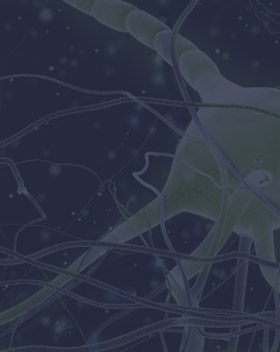July 16, 2015
HCP Live
Elderly patients with risk for dementia and Alzheimer’s disease may be able to utilize a novel therapeutic approach from an existing drug to reverse symptoms, according to research published in NeuroImage: Clinical.
April 30, 2015
The Bio Report
AgeneBio is developing drugs to treat the pre-dementia stage of Alzheimer’s disease, and other neurological and psychiatric conditions. The company announced encouraging mid-stage results for its lead therapeutic, which works by quieting hyperactivity in the hippocampus portion of the brain,…
April 1, 2015
Medscape
An atypical antiepilepsy drug is being investigated for a possible role in treating patients with mild cognitive impairment (MCI). A new study shows that low doses of levetiracetam reduced the overactivation in subregions of the hippocampus that have been linked…
March 18, 2015
Alzheimer's News Today
Pharmaceutical company AgeneBio recently announced the publication of results of a Phase 2 clinical trial based on the company’s therapeutic product AGB101 for the pre-dementia stage of Alzheimer’s disease in the journal NeuroImage: Clinical. The study entitled “Response of the medial temporal lobe…
March 17, 2015
NHS Choices
A drug commonly used to treat epilepsy could help “slow down” the progress of Alzheimer’s disease, reports The Daily Express. According to the news story, the drug levetiracetam was shown to “help restore brain function and memory”. The story is…
March 12, 2015
BioWorld Today
Trying to translate discovery research and early clinical data into phase III success has proved the bane for drug developers working in Alzheimer’s disease. But executives at Agenebio Inc., which is gearing up to start a phase III study in…
March 12, 2015
Time Magazine
Researchers at John Hopkins University have found that low doses of a drug more commonly used to treat epilepsy can reverse a condition that increases the risk of developing Alzheimer’s disease…
March 12, 2015
Fox News
A common epilepsy drug may reverse a condition that impairs memory in elderly patients and increases the risk of developing Alzheimer’s disease, suggests a study published this week in the journal NeuroImage: Clinical…
March 11, 2015
Nature World News
A new drug approach helped restore the memory of elderly patients who are at high risk for dementia due to Alzheimer’s, and may potentially delay the onset of this debilitating disease, according to new research.
March 11, 2015
BioSpace
Recent data published by the National Institutes on Aging show that modest delays in the onset of Alzheimer’s related dementia have massive benefits to patients, their families and society as a whole, the CEO of a company creating a new…


